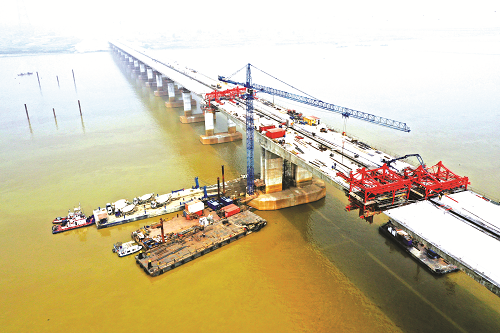Contrary to trending anger and disquiet on the fears that the newly introduced port charge called Practitioners Operating Fee (POF) would increase cost of doing business at the ports, the Registrar, Council for the Regulation of Freight Forwarders of Nigeria (CRFFN), Samuel Nwakohu has explained that the fee would rather reduce cost.
Giving insights in an interview, he said because the collected fee would spent on train of clearing agents and freight forwarders, who, hitherto, would need to engage the services of a professional to handle the digital operational system, it would rather be a saving cost to them.
Business Hilights recalls that the Federal Government had slammed the new charge on clearing agents and freight forwarders operating at Nigeria’s seaports in desperation for shoring up Internally Generated Revenue (IGR) in the maritime sector earlier this year.
Since the introduction of the charges which becomes effective soon, there had been discordant voices trailing the scheme as many saw it as another model of multiple taxation in the maritime business space.
POF is a compulsory payment for all clearing agents and freight forwarders before being able to evacuate any container from the seaports. Under the POF regime, practitioners are expected to pay N1,000 on a 20ft container and N2,000 on a 40ft container coming through the seaports.
Explaining more, Nwakohu claimed that there had been proper engagement and consultations within the clearing agents and freight forwarders associations across the federation on the introduction before now with high level of acceptability.
He said the fee would be collected electronically and not manually, while the practitioners must show evidence of payment before they can take any container out from the seaports.
While noting that collection will be digitally done, he averred that “It is not going to be business as usual. It will be a very difficult business for a freight forwarder if you have not registered with CRFFN, because technology will enforce it and not human beings.”
The Registrar, who disclosed a yearly revenue of N5 billion, explained that 25 percent of the sum accrued would be paid directly to the Federal Government through Treasury Single Account (TSA) for nation building; 35 percent will go the clearing agents and freight forwarders; the consultant to the project will get 20 per cent; while CRFFN will get 20 per cent.








